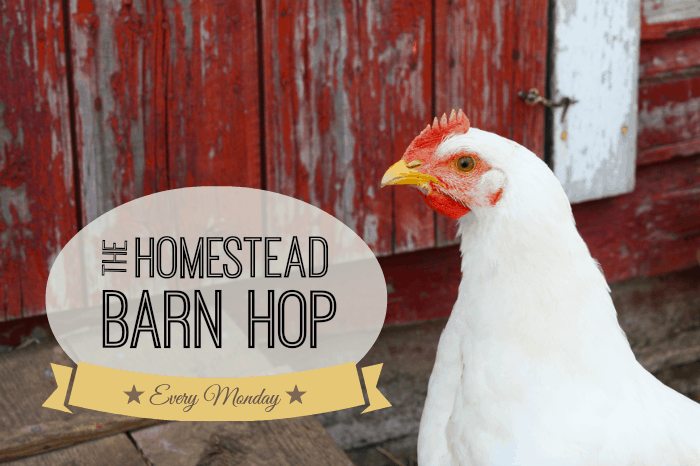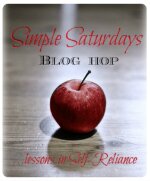About 75% of all flowering plants rely on animal pollinators
and over 200,000 species of animals act as pollinators.
Bats, bees, butterflies, and hummingbirds are some of the creatures who perform this amazing feat.
Without pollinators, many of our food crops would perish.
This includes blueberries, melons, coffee, almonds,
and one I don't wanna live without, chocolate.
Pollinators are fascinating to observe.
I encourage you to stroll your property
or any nearby natural area,
and enjoy discovering how many pollinators share the space.
Ensuring that these helpful critters have ample nectar sources is important.
One way to accomplish this is to use plants that flower at various times of the year.
Using natives is the best option.
Avoiding pesticides is paramount to the health and well-being of pollinators.
If they're not healthy, they won't survive,
and we will diminish the array of delicious food choices we have to relish.
Providing a safe haven for pollinators allows them to go about their work
as well as allowing them a space to reproduce.
This ensures future generations of these magical creatures,
which in turn, benefits us all.
One thing that we do is host caterpillars.
We furnish nectar and host plants for the monarch, Gulf Fritillary
and Eastern Black Swallowtail butterflies.
It's not only easy to do,
but will foster a sense of appreciation for this place we call home.
We also share this experience with others,
by giving away the caterpillars on Craig's List,
so that others can allow the cycle to continue in their own gardens.
Lest you be worried that your yard will become unsafe due to all the stinging insects about,
rest assured that most bees will not sting.
Once they sting, they die,
and as August Boatwright said in the movie
"The Secret Life of Bees",
"No life-lovin' bee wants to sting you".
I find wasps to be a bit more aggressive,
but I offer them a wide berth.
There is plentiful room for us all to share.
I hope you are savoring the last remnants of summer
and unearthing the wonders of our world
right in your own backyard.
For more information, read this.
More posts on hosting butterflies:

.jpg)

















Great info, Daisy. I didn't realize BATS pollinate.
ReplyDeleteIt's definately the end of summer here---low 40's this morning for my sunrise coffee with the birds. Hi in the 60's today.
Perfect for "tater' digging. Looks to be a good crop this year.
Have a wonderful day
I can't imagine such temps in August! Wow! Hope you get lots of potatoes!
DeleteKudos for helping pollinators. I also plant to host birds, bees and butterflies...I plant mostly native plants now and it has pleased all the pollinators and us as well...love your flowers as much as your pollinators do!
ReplyDeleteNatives really are the way to go. Thanks for stopping by!
DeleteGreat information! Thank you for sharing at Simple Lives Thursday.
ReplyDeleteThe pleasure was mine. ;0)
DeleteGreat info, I am on a gardening board and it surprises me how many people kill off the bees. Thanks for the submission to the HomeAcre blog hop. Please stop by PintSizeFarm.com (or another host blog) and submit another post this week :)
ReplyDeleteI think a lot of folks don't realize how beneficial they are. Thanks for stopping by!
DeleteLOVE your post. Pollinators are so important! Thank you for sharing at Tuesdays with a Twist. YOU have been featured today at Back to the Basics!
ReplyDeleteThank you for your kind words. I'm honored to be featured. ;0D
Delete